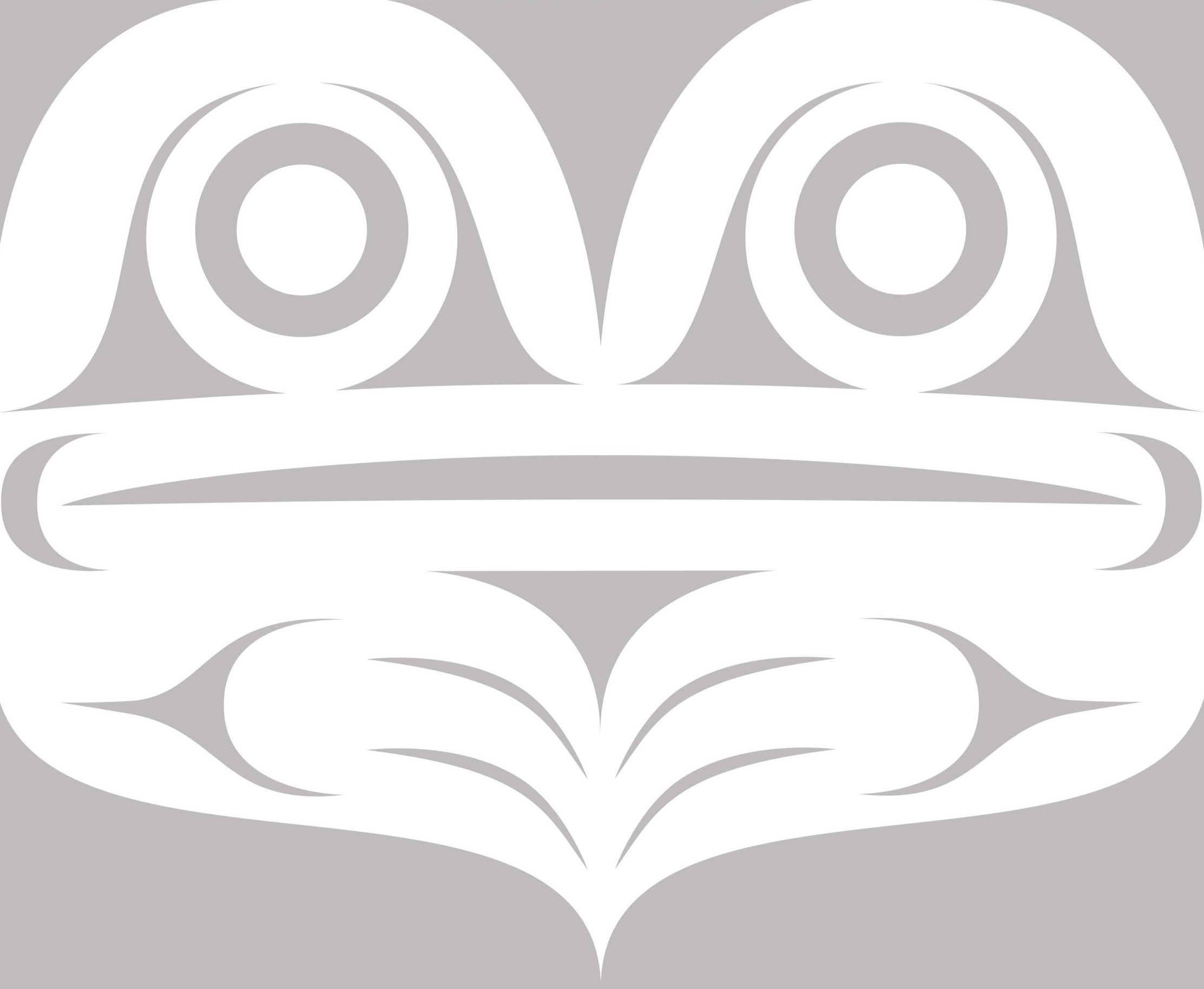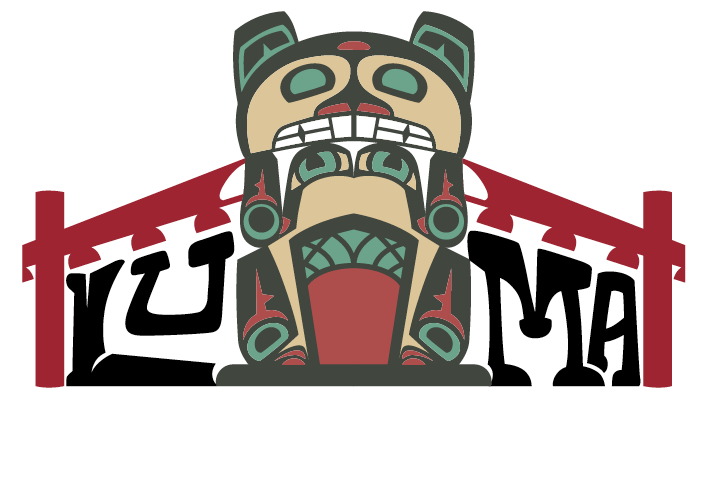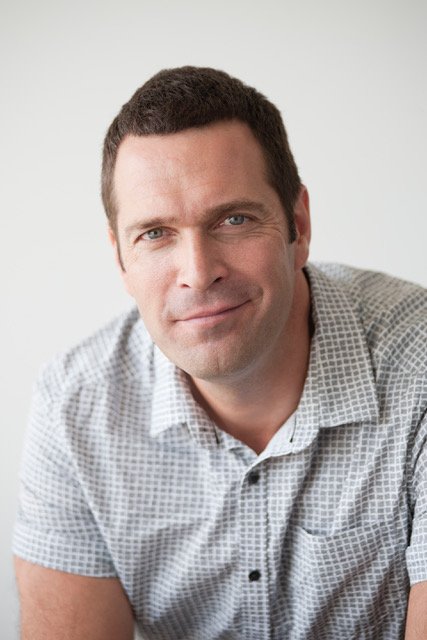
About Us
Our Story
Lu’ma is a Coast Salish word for “new beginnings.” Lu’ma offers a wide range of programs, services and other initiatives aimed at alleviating poverty, improving the overall health of the urban Indigenous community and responding to the evolving needs of Indigenous peoples.
Our Work
Over the past 40 years, Lu’ma has developed, owns and manages more than 1250 affordable housing units. We offer a wide range of programs, services and initiatives that aim to alleviate poverty, improve the overall health of the urban Indigenous community and respond to the evolving needs of Indigenous peoples.

Our People
Lu’ma is overseen by a volunteer Board of Directors and led by Chief Executive Officer, Marcel Lawson Swain, a lawyer who brings over 40 years of experience developing and managing Indigenous housing across Canada. Collectively, our CEO and a dedicated team of more than 100 have a combined 300 years of experience in delivering affordable housing and developing programs to support Vancouver’s Indigenous communities.
Board of Directors
Lu’ma Native Housing Society and its sister societies are guided by a volunteer board of directors indigenous to Turtle Island with over 300 years of combined experience.
Dr. Dave Baspaly
Dave currently serves as Lu’ma’s Board President. He has worked with and participated in Vancouver’s Urban Aboriginal Community for over 30 years and has a passion for Indigenous rights, reconciliation and self determination.
Faye Poirier
Faye has served on the Lu’ma Board of Directors for 33 years. Faye is a spirited advocate whose passion is to improve the lives of the hundreds of Indigenous children living in and aging out of foster care.
Marjorie White
Marjorie White currently serves as Lu’ma’s Board Vice- President and has been on the Board for over 35 years. She was the first Indigenous person appointed as a Citizenship Court Judge in Canada.
Dan Smith
Dan Smith serves on the Lu’ma board. He is a citizen of the Laich Kwil Tach Nation, member of the Campbell River Indian Band, and former Chief Negotiator for the Hamatla Treaty Society.
Executive Team
Marcel Lawson Swain, Chief Executive Officer
Mary Uljevic, Executive Director
Andrea Foster, Health Director
Patrick Stewart, Senior Director, Homelessness Services, Designated Community Entity
Linda Lavallee, Director of Homelessness Services, Lu’ma Native BCH Housing Society
Ron Escaravage, Director of Asset Management
Jennifer Loh, Director of Finance
Doreen Mayer, Director of Human Resources
Barbara Lawson Swain, Director of Housing Operations and Aboriginal Youth Mentorship
Dylan McLeod, Director of IT
Lu’ma Group of Companies
Lu’ma Native Housing Society was first incorporated in 1980 and has since evolved to provide a broad range of services that improve the social determinants of health. Our sister societies include the Lu’ma Medical Centre, the Aboriginal Patients’ Lodge, Community Voice Mail, the Aboriginal Children’s Village, and the Aboriginal Youth Mentorship Program.
The Aboriginal Patients’ Lodge is a shining example of a best practice in Canada that not only highlights the needs of health and wellness for Indigenous communities, but demonstrates the capacity of the community to create its own solutions to critical problems.
Why Work at Lu’ma?
At Lu’ma, our greatest strength is in our people. We are committed to creating a work environment based on equity and respect. Our service model is culture-based and reflects the values of Indigenous peoples. Lu’ma is committed to creating a workforce representative of the Indigenous community we serve. We encourage First Nations, Métis, and Inuit individuals to apply.











